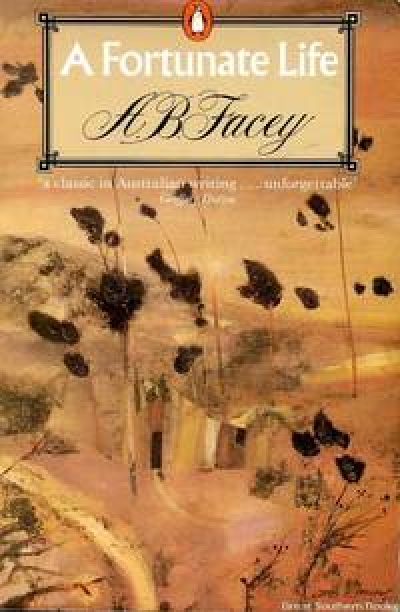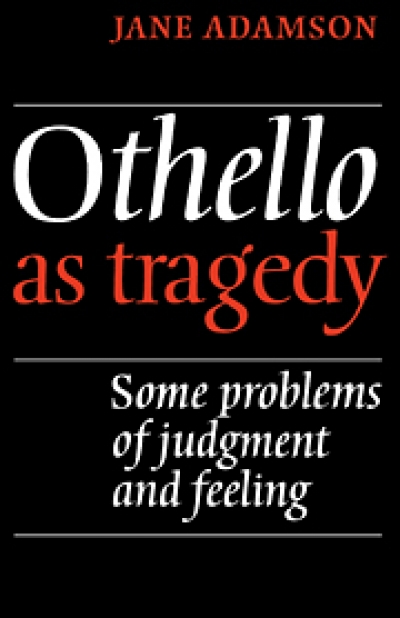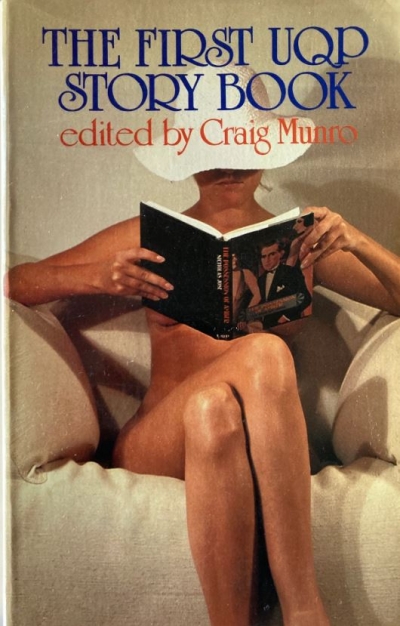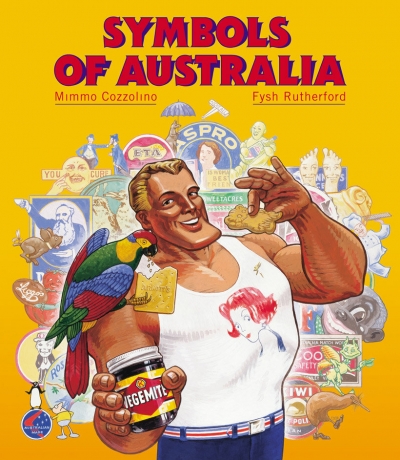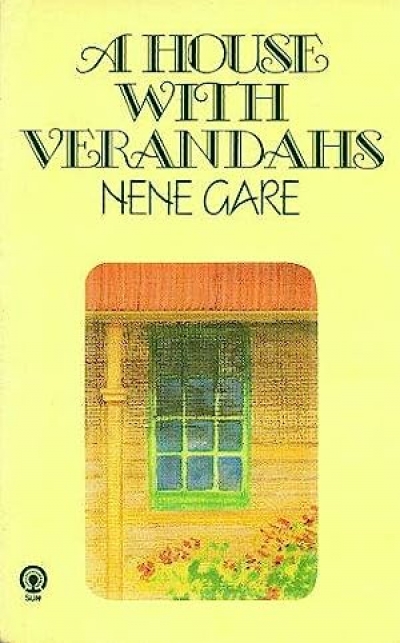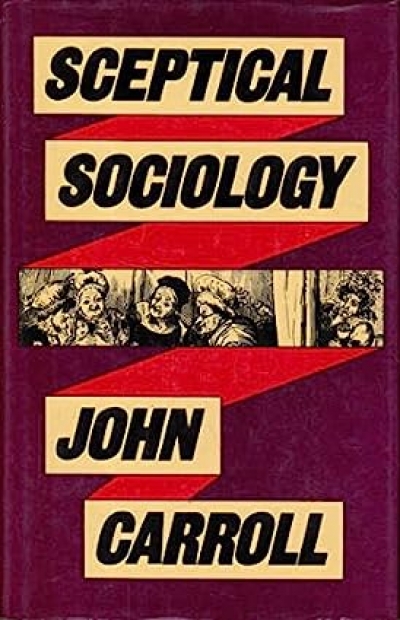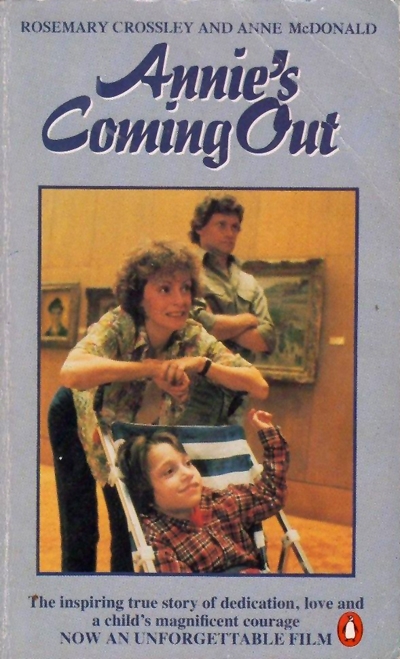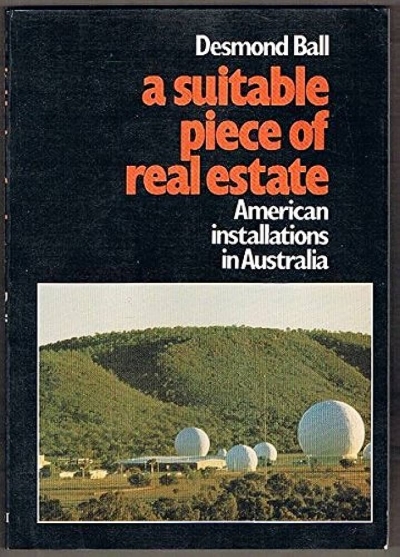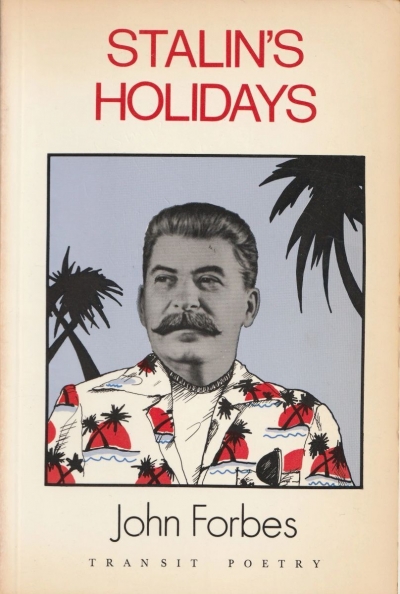Archive
Othello as tragedy: Some problems of judgment and feeling by Jane Adamson
by Axel Clark •
Playlab Press is an offshoot of the Queensland Playwrights Laboratory which has the aim of assisting playwrights in the development of their craft through workshopping, production and possible publication of playscripts. It seems to be, with one exception, very much a regional enterprise and all the more admirable for it. The quality and number of these scripts culled, one assumes, from a much larger number of scripts submitted for selection, suggests a wealth of unpublished and unperformed theatrical material in the rest of Australia waiting for local groups as enterprising as the Queensland Playrights Laboratory.
... (read more)Stalin’s Holidays by John Forbes & The Division of Anger by Gig Ryan
by R.A. Simpson •

